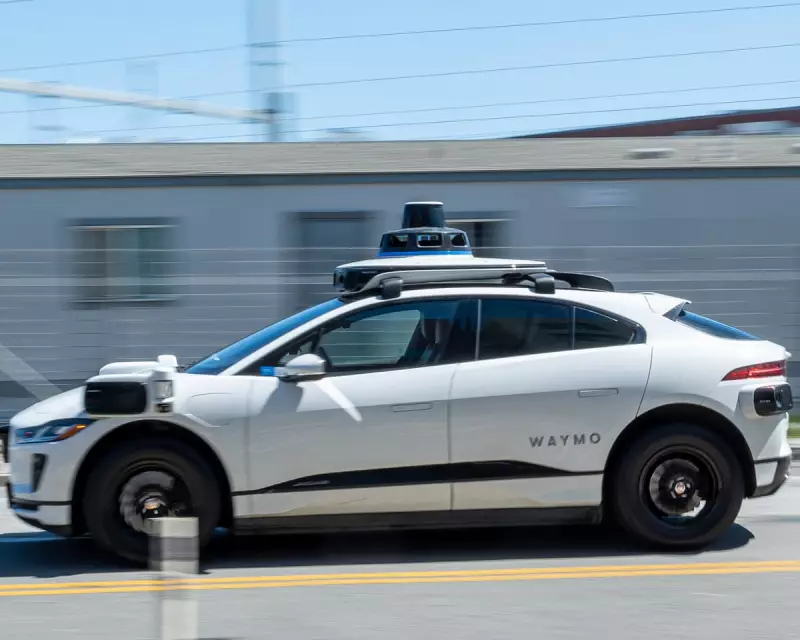
London's iconic black cabs are about to get some futuristic competition as Silicon Valley giant Waymo announces its driverless taxis will hit the capital's streets from 2026. The groundbreaking move represents one of the most significant advancements in urban transport since the introduction of the congestion charge.
A Transatlantic Tech Invasion
Waymo, Alphabet's autonomous vehicle subsidiary and a leader in the self-driving revolution, has confirmed it will bring its fully driverless taxi service to London following years of successful operations in US cities like San Francisco and Phoenix. This marks the company's first European deployment, choosing London as its gateway to the continent.
The service will begin with a controlled rollout in specific London boroughs, though exact locations remain under wraps. Initial operations will likely focus on less congested areas as the vehicles adapt to London's unique driving challenges, from narrow historic streets to complex roundabouts and famously unpredictable weather.
How London's Driverless Future Will Work
Londoners can expect to hail these autonomous vehicles through Waymo's dedicated mobile app, similar to existing ride-hailing services but without a human driver behind the wheel. The vehicles will be all-electric Jaguar I-PACE models, equipped with Waymo's sophisticated sensor suite and artificial intelligence technology that has already logged millions of autonomous miles in the US.
"This isn't just about replacing drivers; it's about reimagining urban mobility," said a transport analyst familiar with the plans. "Waymo's data suggests their vehicles have a significantly better safety record than human drivers in comparable environments."
Regulatory Hurdles and Public Acceptance
The Department for Transport has been working closely with Waymo to establish the regulatory framework for this new era of transport. Key considerations include:
- Insurance requirements for fully autonomous vehicles
- Data privacy and security protocols
- Integration with existing transport infrastructure
- Emergency vehicle interaction protocols
Public perception remains one of the biggest challenges. Transport for London will launch an awareness campaign to educate residents about the technology's safety features and benefits. Early demonstrations will allow curious Londoners to experience the vehicles firsthand.
The Economic and Environmental Impact
Waymo's arrival promises several potential benefits for the capital:
- Reduced congestion through more efficient routing and potential ride-sharing options
- Improved air quality through all-electric operations
- Enhanced mobility for elderly and disabled residents
- Job creation in tech maintenance and operational support
However, traditional taxi drivers have expressed concerns about potential job displacement. The Licensed Taxi Drivers' Association has called for "robust safeguards to protect London's world-renowned taxi service."
As London prepares to become Europe's first city to host Waymo's commercial driverless service, all eyes will be on how this technological leap transforms one of the world's most complex urban transport ecosystems. The success or failure of this venture could determine the pace of autonomous vehicle adoption across European cities for years to come.





